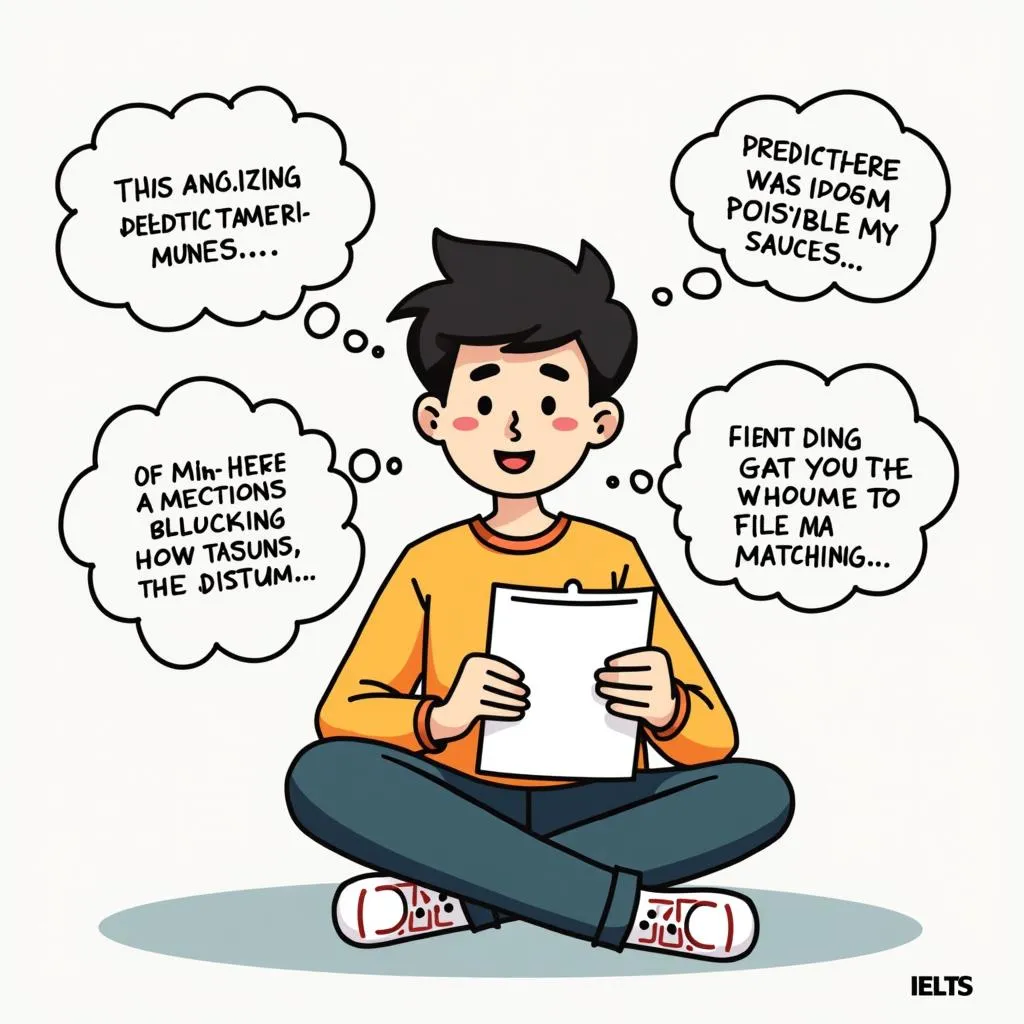Understanding IELTS Listening Prediction
IELTS Listening prediction techniques are essential strategies that can significantly improve your performance in the listening section of the IELTS exam. These techniques involve anticipating the type of information you’ll hear and the questions you’ll need to answer before the audio begins. By mastering these prediction skills, test-takers can enhance their focus, save time, and increase their chances of achieving a higher score.
Why Prediction Matters in IELTS Listening
Prediction is crucial in IELTS Listening for several reasons:
- It helps you prepare your mind for the upcoming information.
- It allows you to focus on specific details rather than trying to understand everything.
- It reduces stress and improves confidence during the test.
- It enables you to answer questions more quickly and accurately.

Key IELTS Listening Prediction Techniques
1. Analyze Question Types
Before the audio begins, carefully examine the questions provided. Different question types require different prediction strategies:
- Multiple choice: Read all options and predict which information might differentiate between them.
- Gap-filling: Identify the type of word needed (noun, verb, number, etc.) and consider possible answers.
- Matching: Look for connections between items and predict the relationships you might hear.
2. Identify Key Words
Underline or circle important words in the questions and instructions. These key words will guide your listening and help you predict the context and content of the audio.
For example, if a question asks about “the speaker’s opinion on climate change,” you can predict that you’ll need to listen for evaluative language and expressions of personal views.
3. Anticipate Synonyms and Paraphrases
IELTS Listening often uses synonyms or paraphrases of the words in the questions. Predict possible alternatives for key terms to avoid missing important information.
Example:
Question: “What is the main benefit of the new policy?”
Prediction: Listen for words like “advantage,” “positive impact,” or “primary outcome.”
4. Use Context Clues
Pay attention to any information provided about the audio, such as the topic, speakers, or situation. Use this context to make educated guesses about the content and structure of the conversation or monologue.
For instance, if you know the audio is about a university lecture on marine biology, you can predict vocabulary related to ocean life, scientific terms, and academic language.
5. Predict the Speaker’s Purpose
Consider why the speaker might be talking and what their main objectives could be. This can help you anticipate the structure and key points of the audio.
For example, in a conversation about booking a hotel room, you can predict that the speaker will likely mention dates, room types, prices, and amenities.
Applying Prediction Techniques in Practice
To effectively use these prediction techniques, follow these steps:
- Read the instructions and questions carefully (30 seconds).
- Underline key words and identify question types (30 seconds).
- Make quick notes or mental predictions about possible answers (30 seconds).
- Stay focused during the audio, listening for your predicted information.
- Be flexible and adjust your predictions if the audio takes an unexpected direction.
Common Pitfalls to Avoid
While prediction is valuable, be cautious of these common mistakes:
- Over-predicting: Don’t spend too much time on predictions at the expense of listening carefully.
- Rigid predictions: Be open to unexpected information and don’t ignore details that contradict your predictions.
- Ignoring instructions: Always follow the word limit and other specific instructions for each question.
Next Steps: Enhancing Your Prediction Skills
To improve your IELTS Listening prediction techniques:
- Practice with official IELTS past papers and online resources.
- Time yourself during practice to simulate exam conditions.
- Analyze your mistakes and identify patterns in your prediction accuracy.
- Expand your vocabulary to better anticipate synonyms and paraphrases.
- Listen to a variety of English accents and topics to broaden your prediction capabilities.
By consistently applying these IELTS Listening prediction techniques and avoiding common pitfalls, you’ll be well-equipped to tackle the listening section with confidence and precision. Remember, prediction is a skill that improves with practice, so dedicate time to honing this valuable strategy as part of your IELTS preparation.